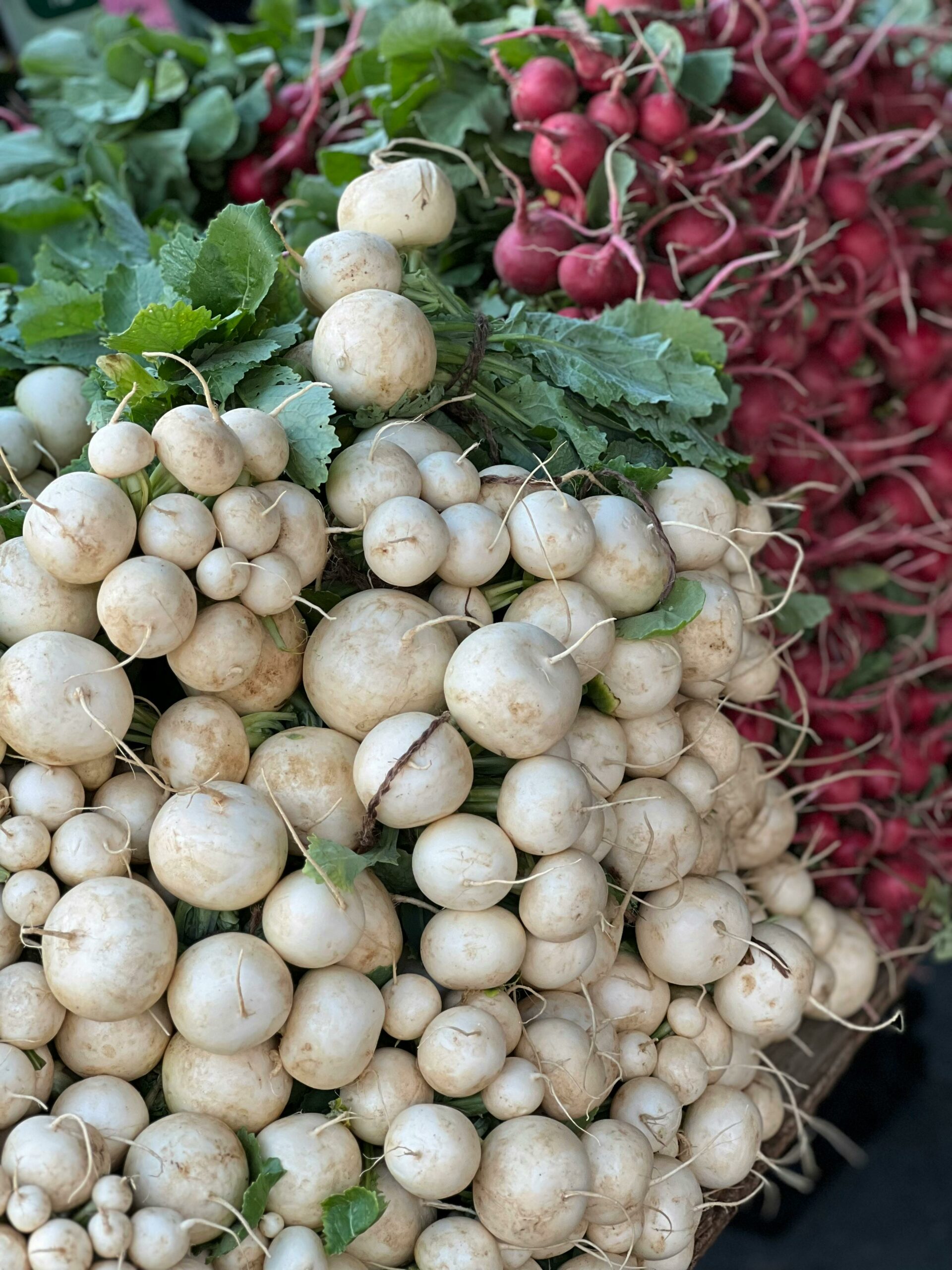Cover crops are plants—usually annual, biennial, or perennial grasses or legumes—that cover the soil surface. When tilled or dug into the soil, they are called green manures, providing a natural boost to soil fertility and structure.
Benefits of Cover Crops
Prevent Soil Erosion: Cover crops act like a blanket, protecting soil from wind and water loss during Denver’s dry, variable winters.
Improve Soil Structure: Roots create natural channels for air and water infiltration. As cover crops decompose, microorganisms thrive, producing sticky substances that bind soil particles together, improving soil aggregation and increasing water-holding capacity.
Weed Suppression: Cover crops shade the soil and compete with weeds for light, water, and nutrients. Some, like Winter Rye, even have allelopathic properties that temporarily prevent weed seed germination.
Nitrogen Fixation: Legumes like Winter Pea, Red Clover, and Hairy Vetch partner with soil bacteria to form root nodules that store atmospheric nitrogen, releasing it into the soil when the plant breaks down. (Pro Tip: For maximum benefit, inoculate legume seeds with the appropriate Rhizobium bacteria before planting to enhance nitrogen fixation.)
Support Beneficial Insects: Flowering cover crops attract pollinators and provide shelter and food for predatory insects that reduce pest populations naturally.
Care and Management
- Planting Timing: For Denver (Zone 6a), plant cover crops mid-August through mid-September, after summer crops are harvested.
- Seedbed Preparation: Dig soil thoroughly, mix in 1 inch of decomposed compost into the top 4–6 inches, and break up large clumps.
- Sowing Seeds: Lightly rake seeds into the top ¼–½ inch of soil and press gently. Cover with a light layer of straw or chopped leaves.
- Watering: Keep soil evenly moist until seedlings establish. Once established, most cover crops are low-maintenance.
- Spring Management:
- Cut cover crops before they reach knee-high.
- Till or dig them into the soil, leaving residues on top as mulch.
- Leave some residue on top as loose mulch to protect soil from drying out.
- Wait ~2 weeks for decomposition before planting spring crops.
Recommended Fall/Winter Cover Crops for Denver
| Cover Crop | Type | Key Benefits | Planting Time | Winter Behavior & Early Spring Management |
| Winter Wheat | Cereal Grain | Protects soil from erosion, adds organic matter, keeps soil active | Mid-Aug–Mid Sept | Very hardy; till into soil in spring to enrich soil |
| Winter Pea / Austrian Winter Pea | Legume | Fixes nitrogen, improves soil structure | Mid-Aug– Early Sept |
Moderately hardy; top growth may winterkill, roots enrich soil; till before flowering |
| Red Clover | Legume | Fixes nitrogen, loosens soil, supports beneficial insects | Mid-Aug–Mid Sept | Hardy perennial; roots survive winter; mow or till before flowering |
| Hairy Vetch | Legume | Excellent nitrogen fixer, improves soil structure, supports beneficial insects | Mid-Aug– Early Sept |
Moderately hardy; may winterkill in extreme cold; till before flowering |
| Winter Rye | Cereal Grain | Very hardy; protects soil, prevents erosion, suppresses weeds, adds organic matter | Mid-Aug–Mid Sept | Very hardy; roots and biomass survive winter; till in spring |
| Daikon Radish | Brassica Root | Breaks up compacted soils, increases water infiltration, adds organic matter as roots decompose | Early-Mid Aug | Not hardy; intentionally winterkills; decomposing roots leave natural channels; rake or mulch remaining tops in spring |
Mixing a cereal grain with a legume maximizes benefits: nitrogen enrichment, soil structure improvement, weed suppression, and strong soil protection.
Quick Tips For Success:
- Plant early enough (mid-Aug through mid-Sept) for roots to establish before frost.
- Lightly press seeds into soil; cover with a thin layer of straw or chopped leaves.
- Water thoroughly after planting; once established, most cover crops are drought-tolerant.
- In spring, cut and till before flowering for maximum soil benefit. Leave residue on top after cutting in spring to conserve moisture.
By planting cover crops, you’re feeding the soil, improving its structure, and setting the stage for a thriving, biologically alive garden next season. Small efforts now create resilient, moisture-retentive, fertile soil for years to come.

